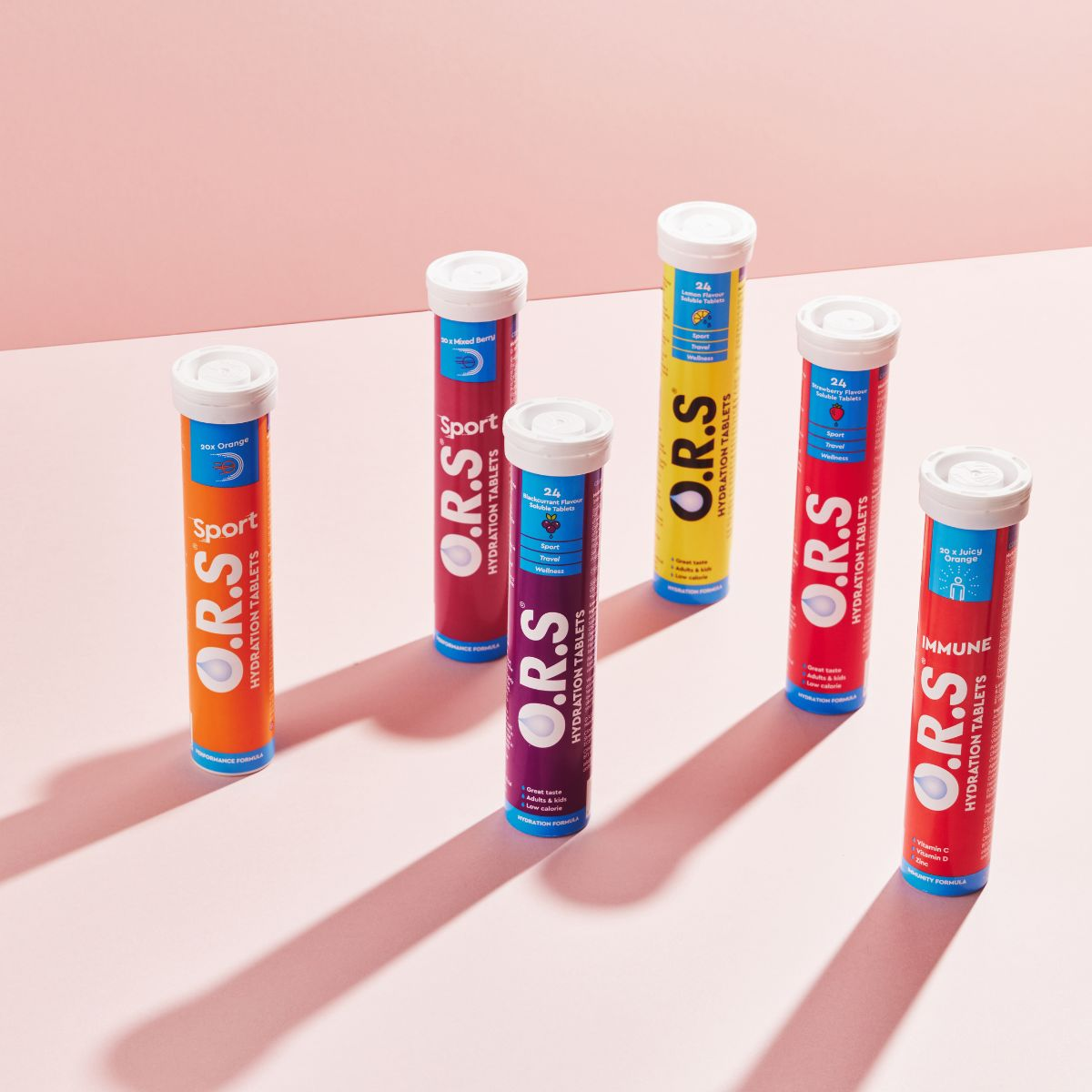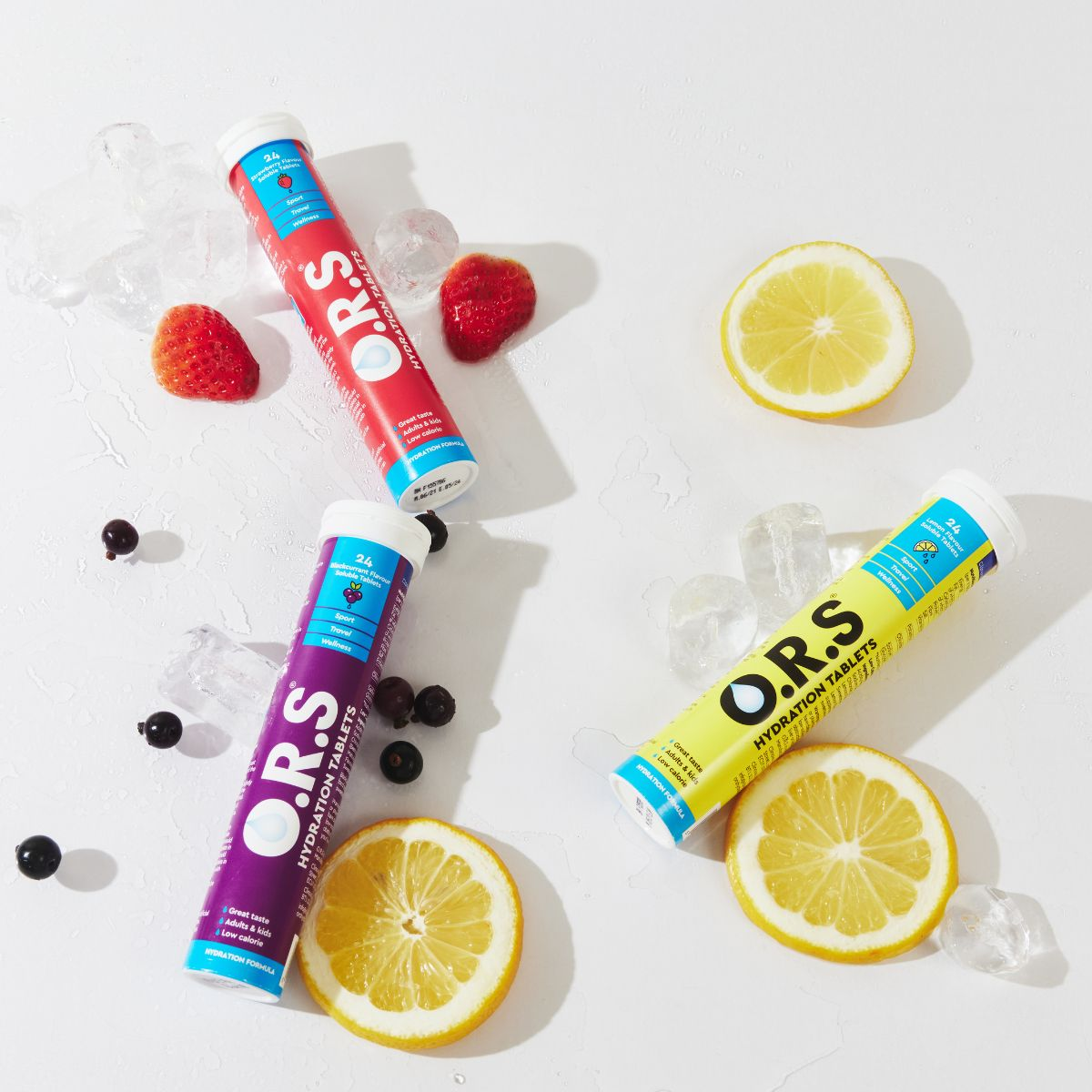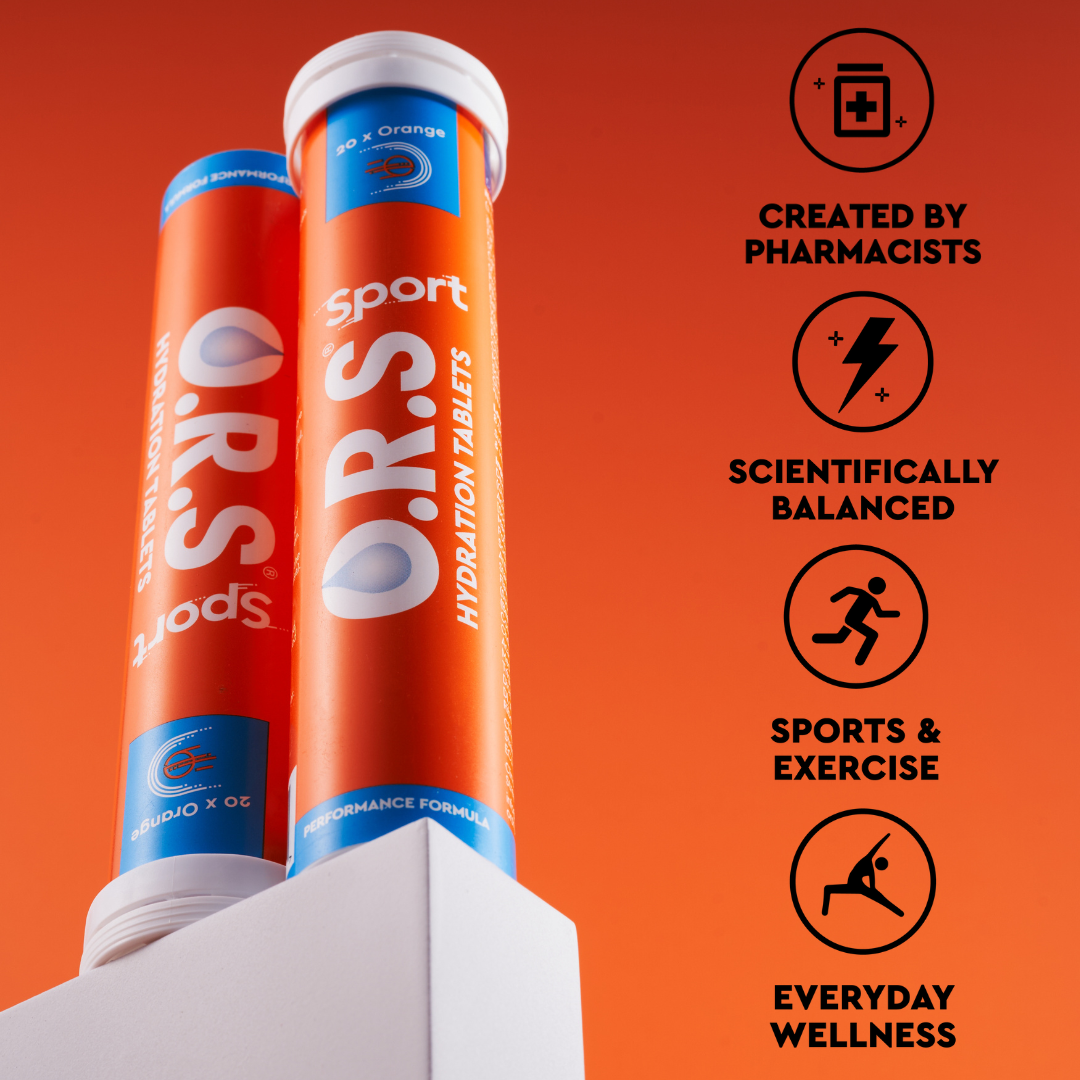
Why Staying Well Hydrated Will Keep Your Skin In Good Shape
Share
At this time of year when the first chills of autumn arrive on the breeze, it’s important to review your skincare routine. Your complexion may be a little stressed from summer sun and air pollution, leaving it looking dull and dehydrated. The coming colder weather brings drier air, and this will also take a toll on our skin.
To keep our complexion looking glowing and healthy, it’s important to follow a good skincare routine with regular cleansing and moisturising. However, the biggest factor in maintaining soft and youthful skin is staying well hydrated. The skin is the body’s largest organ, and our bodies are made up of 60% water, so this really makes sense.
When our bodies lose too much water, the deeper barriers of the skin can become weakened and the surface becomes dry and inflamed. This can result in a breakdown of collagen, which is the protein that supports our skin and keeps it supple and strong. As we age, we naturally produce less collagen so older people can be more prone to dry skin.
To a certain extent we can prevent dry skin through regular moisturising, because this helps to build up a protective layer and reduce moisture loss. However, applying products externally can’t actually add more moisture to your skin, only reduce the rate at which it is lost. That’s why staying well hydrated is crucial to maintaining healthy skin.
This can be straightforward enough if we drink the recommended eight glasses of water a day. However, sometimes this can be a challenge, especially if we are travelling, take strenuous exercise, or are recovering from a cold or a stomach bug and have lost more fluids than usual.
Taking rehydration tablets can help to restore our moisture balance more quickly. For an even more effective result, look for tablets that contain electrolytes, which are lost through sweat and other bodily fluids. Electrolytes are minerals such as sodium, potassium, calcium and magnesium that play a crucial role in maintaining the body’s fluid balance.
Sodium helps to regulate the water content in the body’s cells, which is essential for keeping the skin looking plump and maintaining elasticity. Magnesium supports skin cell regeneration and speeds up the turnover of dead skin cells that can make your complexion look tired and parched.
Potassium and calcium both help towards maintaining the skin’s natural barriers, which helps to prevent irritation and infections that can lead to rough dry patches and redness.
Other actions we can take to look after our skin include always wearing sunscreen when we go outdoors, even on cloudy days and during the winter to protect it from damaging UVA rays. Alcohol and caffeine can make dehydration worse and also hinder the amount of nutrients absorbed by the body, so keep an eye on your intake.
Above all, it is important to remember that good skincare is just as much about what we put into our bodies as it is about using the right cleansers and moisturisers.










